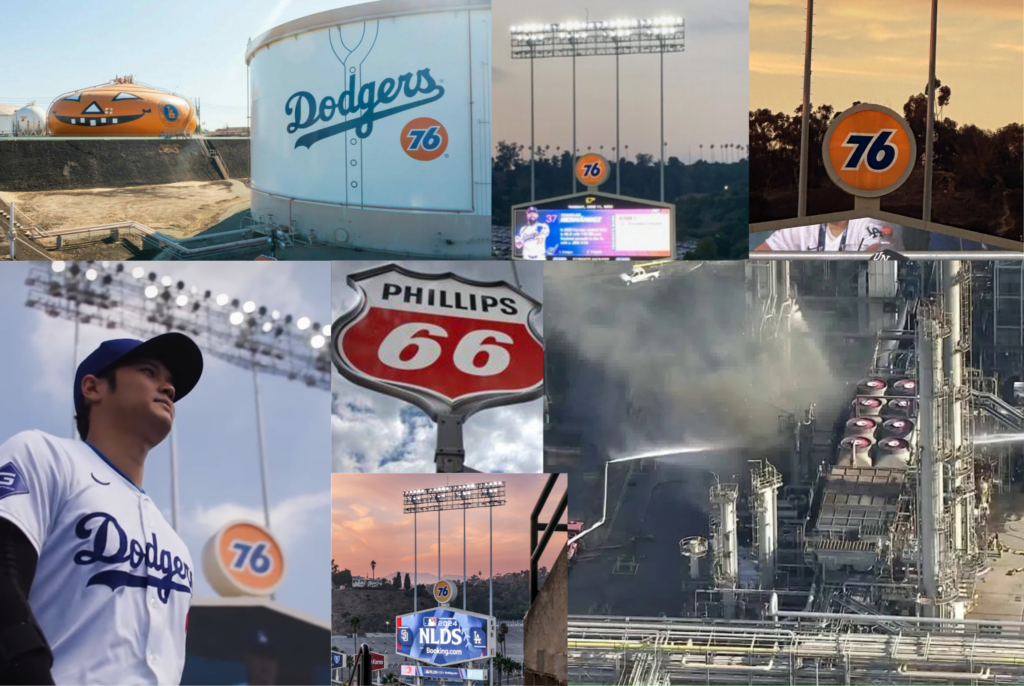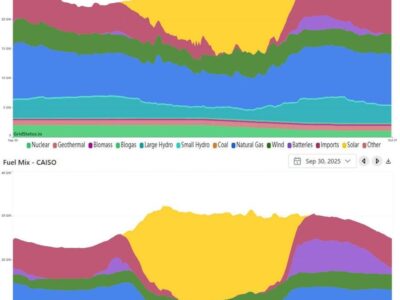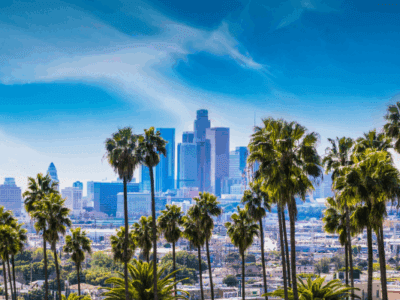This Big Oil Sponsorship Just Got Dirtier
The Dodgers do business with a company that’s been polluting LA neighborhoods — and the climate — for years. Now, Phillips 66 faces federal charges of illegal wastewater dumping.

The Los Angeles Dodgers’ most prominent sponsor — Phillips 66, which owns 76 gas — was just indicted for violating the Clean Water Act by allegedly dumping hundreds of thousands of gallons of industrial wastewater from its Carson oil refinery into the LA County sewer system. The details are spelled out in a six-count indictment against the Houston-based company returned by a federal grand jury.
“If convicted of all charges, Phillips 66 would face a statutory maximum sentence of five years’ probation on each count and up to $2.4 million in fines,” reads a U.S. DOJ press release.
The blue crew should eject 76 from Dodger Stadium while they’re at it.
Why, you may ask, do I even bring up the Dodgers? Why sully the LA champions’ reputation with these allegations? That’s the question that Dodgers management should be answering. The team’s longtime arrangement with 76 puts the orange ball logo high atop both outfield scoreboards, plastered on giveaway towels and bobbleheads. Anytime LA fans take video and photos of heroic home-game plays we’re inadvertently marketing for Phillips 66. Meanwhile, the emissions, soot, and nasty odors coming from the company’s fuel storage tanks and network of pipelines have been a nuisance to the local communities for decades. (Phillips 66 announced abruptly this fall that they’re pulling up anchor and leaving, closing their Carson and Wilmington twin refineries.) But there’s nothing like federal charges of illegally dumping “oil and grease more than 300 times the concentration allowed” to underline the issue. A grassroots campaign already has a petition with more than 22,800 signatures asking the Dodgers to dump the sponsorship. This could light a fire under those calls.
A public relations crisis like this is exactly the time when companies like Phillips 66 cash in on corporate marketing, local goodwill, and sports sponsorships to greenwash their image.
A lot of that goes on in American sports. A survey I conducted of 2024 sponsorships across the NBA, NFL, MLB, NHL, MLS, and WNBA revealed more than 60 sponsorship deals with high-polluting companies. The “Foul Ball” survey was published by the UCLA Emmett Institute on Climate Change & the Environment in September. Since publishing the survey, 8 more sponsorship deals were added to the spreadsheet, for a total of 69, either because they were not included in the original data set that we used, or because they are brand new deals. A report by the New Weather Institute found that “sportswashing” is a $5.6 Billion industry.
All of this explains why the Phillips 66 facility emblazons one of its massive fuel tanks with a Dodger baseball jersey. And why at Halloween, the company dresses up its other fuel tank like a cute Jack-o-lantern and hands out candy to neighborhood kids. “Collaborating with these respected organizations integrates our brand with consumer passion points,” a Phillips 66 official said in this August 2024 press release about a football sponsorship. The company’s strategy is “not just about logo placement,” the release says, but also about “enhancing our brand presence.”
For now, it’s the Department of Justice and U.S. EPA that will be defining the Phillips 66 brand presence. Here’s more from the DOJ:
“According to the indictment that a federal grand jury returned on Wednesday, for approximately two-and-a-half hours on the early morning of November 24, 2020, Phillips’ Carson refinery discharged to the Los Angeles County Sanitation Districts (LACSD) – which manages the county’s sewer system – industrial wastewater containing a concentration of oil and grease more than 300 times the concentration allowed in its permit. The company’s Carson facility failed to inform LACSD of its non-compliant industrial wastewater discharge.
During this approximately two-and-a-half-hour period, LACSD roughly estimated that the Phillips 66 facility in Carson discharged approximately 310,000 gallons of non-compliant industrial wastewater, which contained approximately 64,000 lbs. of oil and grease, to LACSD’s sewer system. The energy company’s industrial wastewater pretreatment system process controls and practices were inadequate to prevent or quickly address the non-compliant discharge.
In December 2020, LACSD issued Phillips multiple notice of violations for discharging the industrial wastewater containing an excessive concentration of oil and grease, and failing to notify LACSD about the discharge, which adversely affected an LACSD facility. The following month, a Phillips manager wrote to LACSD, acknowledged its non-compliant industrial wastewater discharge, and noted that the company would “retrain operations personnel” on such situations and the procedure to notify LACSD when it happens.
During the evening hours of February 8, 2021, Phillips’ Carson refinery – for approximately five-and-a-half hours – discharged approximately 480,000 gallons of non-compliant industrial wastewater, which contained at least 33,700 pounds of oil and grease, to LACSD’s sewer system.
In March 2021, LACSD – the month following the incident – issued notices of violations to Phillips for discharging industrial wastewater which adversely affected an LACSD facility and for its failure to notify the LACSD about said wastewater discharge. Again, a Phillips manager at its Carson facility wrote to LACSD and acknowledged the non-compliant industrial wastewater discharge and the company’s failure to notify authorities of the discharge.”
Reader Comments
3 Replies to “This Big Oil Sponsorship Just Got Dirtier”
Comments are closed.







Evan,
Inquiring minds want to know. Do you drive a fossil fuel vehicle? Does Dan and other authors and contributors on Legal Planet consume fossil fuels? Please confess and tell us the truth. Thanks
The suggestion that using fossil fuels to drive, fly or in other legal ways is equivalent to a company’s conduct that repeatedly violates federal law is false at best. Nor does the suggestion undermine the author’s legitimacy to report on the company’s greenwashing of its brand in the face of such violations.
Dear Andrew,
The authors on Legal Planet strongly advocate ending the use of fossil fuel. Therefore it becomes flagrant hypocrisy for these authors to demand that other people stop using fossil fuels while at the same time these same authors continue to consume fossil fuel themselves on a daily basis.
Why not set a good example and stop using fossil fuels altogether? Hypocrisy, duplicity, and brazen falsehood appear to be the foundational principles for “mitigating” climate change.